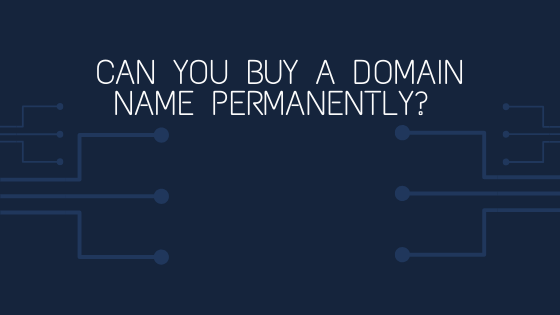Can You Buy a Domain Name Permanently?
In the process of setting up your own website, one of the first things you will need is “domain name.” Often people ask, can you buy a domain name permanently or keep ownership forever? That’s exactly what we will answer in this article. First, we need to understand your website’s domain name is the address…

